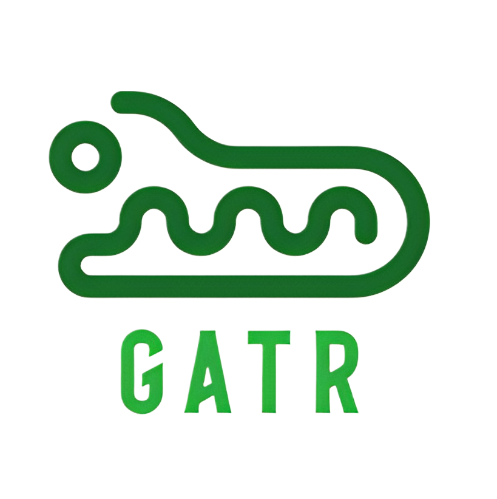NFT utility encompasses the various ways NFTs can be used to interact with digital or physical environments, offering more than just ownership of a digital asset.
- Access Control: NFTs can grant access to exclusive content, services, or experiences. For example, owning a specific NFT might allow a user to access a members-only area of a website or a special event.
- Authentication: NFTs can serve as a form of digital identity or authentication, verifying a user’s identity or credentials for certain actions or services.
- Interactivity: Some NFTs offer interactive features, such as in-game items or enhancements in a virtual world. These NFTs might provide specific abilities or advantages within a game or application.
- Unlockable Content: NFTs can include unlockable content that becomes available only to the owner, such as downloadable files, additional media, or exclusive updates.
Using NFTs Online #
A coding standard, CIP-30, defines how browser wallets interact with decentralized applications (dApps) and websites. Using front-end website code, a programmer can:
- Authenticate and Authorize Actions: Use their NFT to authenticate themselves and authorize actions on the website, such as making transactions or accessing restricted content.
- Interact with dApps: Engage with decentralized applications that recognize and utilize their NFTs, leveraging the utility of those NFTs for specific functionalities or benefits within the dApp.
- Unlock Features: Use their NFTs to unlock features or content on the website or dApp that are tied to the ownership of the NFT.





